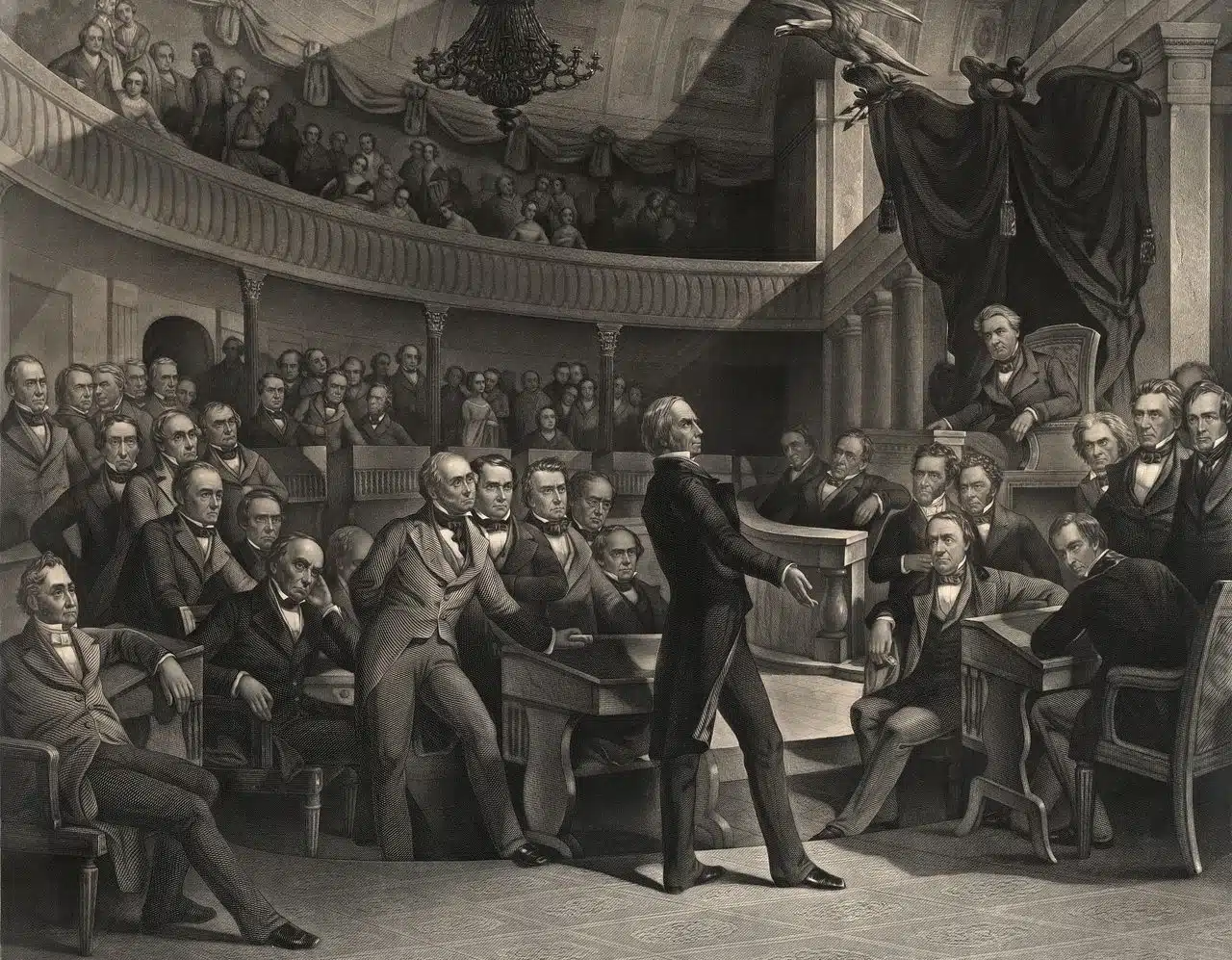
A senator is a member of the Senate.
Senator is a term that comes from the Latin senātor and refers to the individual who makes up the Senate . To understand, therefore, what a senator is and what he or she does, it is necessary to understand the concept of the senate.
The Senate is a body of the Legislative Branch . In many republican countries organized under a federal regime, the parliament (the congress ) is divided into two chambers: the Senate is the Upper House , while the Chamber of Deputies is the Lower House .
Typically, the Senate is made up of senators who represent a certain territory (which may be a province, state , or other administrative unit). Deputies, on the other hand, are representatives elected by the entire population.
Senators in a democracy
In democracies , senators are usually elected by citizens through free elections . Each senator has a specific temporary period to serve (four years, six years, etc.): once said period is completed, the senator leaves his seat , unless he has run for election again and the people have re-elected him. choose.
In some countries , however, senators are appointed by some authority. There are also regimes that contemplate the possibility of having senators for life .
The main function of senators is to defend the interests of the state or province they represent . Sometimes, this is opposed to the work of the deputies , who defend the interests of the country in general (that is, of the federal State). A law approved by deputies, in this way, can be rejected by the senators of certain districts.

Senators are representatives voted by territory.
Functions in Spain
In Spain , it is important to note that the senator participates in the activities carried out in the Chamber , and in this way has the possibility of presenting veto amendments every time a law or project is proposed. Another task that can be carried out is the formulation of law proposals, although to do so he must act together with his parliamentary group or with 24 other senators.
In both cases, the senator can participate with his vote to approve or reject the proposed initiatives . It can also present questions that must be answered orally or in writing, as well as interpellations (the action of raising a broad discussion that does not necessarily focus on the propositions or bill in question). Together with a parliamentary group or with 10 other senators, you can also present a motion to ask the Senate to deal with a text of a non-legislative nature.
The Spanish senator has the power to intervene in a debate as long as he has expressed his desire to do so and has received the relevant approval; During his participation, only the president may interrupt him to call him to the question or to order. In the Senate regulations there are many precepts about the president's tasks in these cases: he must be in charge of directing the debate and maintaining discipline in Parliament.
Participating in voting on agreements is another function belonging to the figure of the senator, and this must be done in a personal and non-delegable manner. Furthermore, it is important to note that the majority of the members of the House must be present to carry out the adoption of an agreement . Senators vote by assent (if the president so proposes), ordinarily (verification requires an electronic procedure) or nominally (public or secret; in the latter case, balls or ballots are used). The rules to proceed when a tie occurs are detailed in the Senate regulations, specifically in its article 100.
